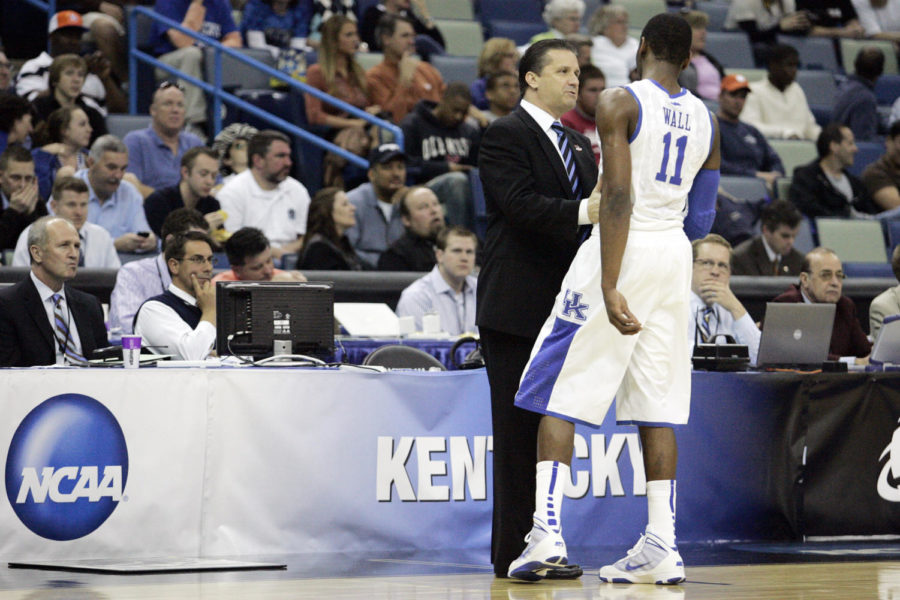Older dorms may not have air conditioning following spring break
March 4, 2016
Roughly 1,600 students will potentially be without air conditioning at the return of spring break due to construction and replacement of chilled water lines near the south side of campus.
The construction to the water lines, affecting the low rise Kirwan and Blanding complexes, as well as Baldwin, Smith and Ingels residence halls, will happen during spring break. The Johnson Center will not be impacted by the construction.
Without complications, the air conditioning will work upon student’s return March 20, however, if something were to go wrong with construction, students could potentially be left without cold air for up to a month.
The decision was made in early February to demolish and replace chilled water lines at the corner of University Drive and Complex Drive. Lynn Imaging partnered in the construction.
Chilled water lines ensure air conditioning in the buildings, but no other water, such as showers, will be affected.
“I feel like if people knew it was happening they would protest, but I don’t think it will be noticeable,” said Jensen Goh, residence advisor of Ingels Hall.
With the arrival of spring and warmer weather, students may return from break with fans and other items to keep their rooms cool.
“I know the (university) has a plan for the students,” said Casey Quickel, residence hall director of Ingels Hall. “Some students may be affected more than others, and (the university) will deal with that accordingly.”
Quickel said the project should be completed before the end of spring break.
The residence halls all allow fans in the rooms. Baldwin, Smith and Ingels all have windows that can open, but the Kirwan and Blanding complex windows cannot.
The dorms affected are all made from cement blocks that will keep the cold air in temporarily, compared to the newer dorms that have drywall where cold air and heat are easily transferred.
Jacie Schmidt, an integrated strategic communications freshman, was blindsided by the news.
“We already have not the newest dorms and are unable to open our windows,” said Schmidt, who lives in Kirwan III. “They could do this during the summer for a few weeks and would have no problems.”
Schmidt also said students with bad allergies and asthma might be affected by the construction.
For students who can’t bear the thought of a warm room, buying extra fans, staying hydrated, taking cold showers before bed, or sleeping with a cold rag may relieve the heat.
“Our new residence halls are ‘stand alone’ systems and are not connected to our central distribution system — they are not impacted by this project,” said Mary Vosevich, vice president for Facilities Management.


























































































































































